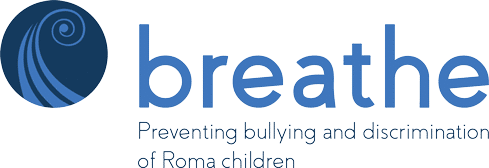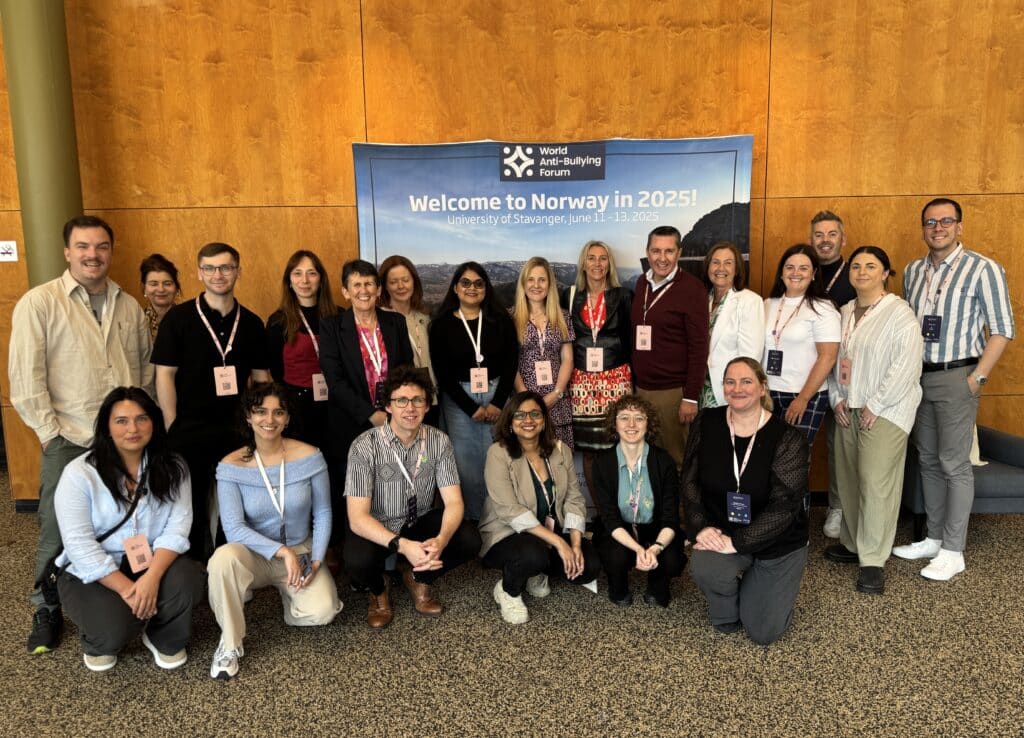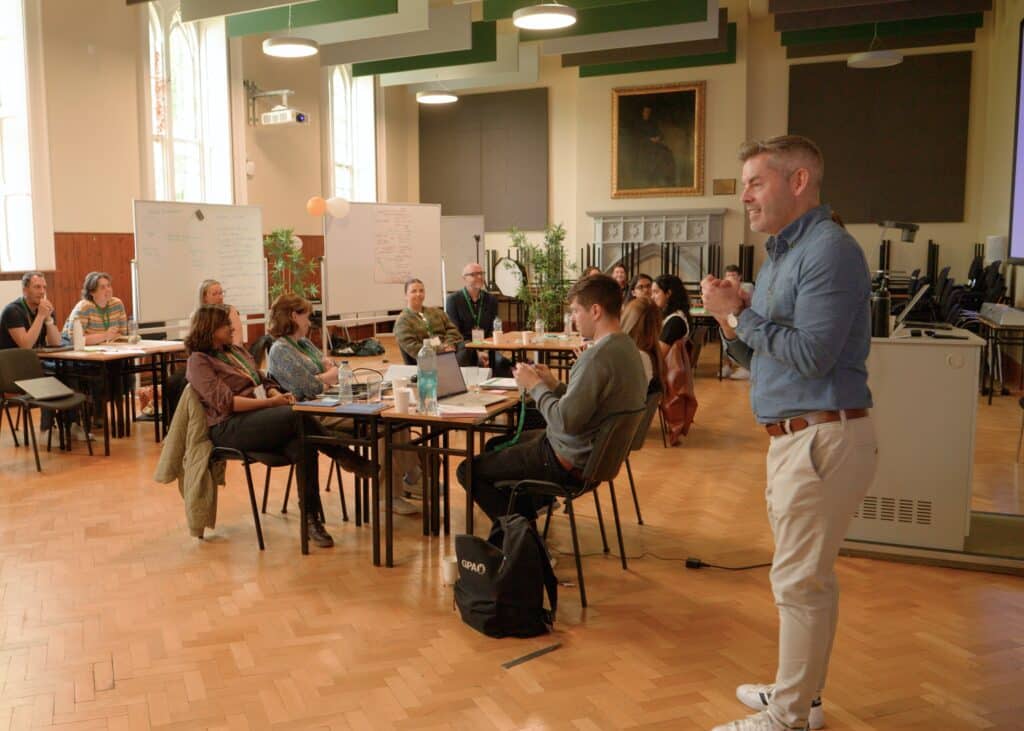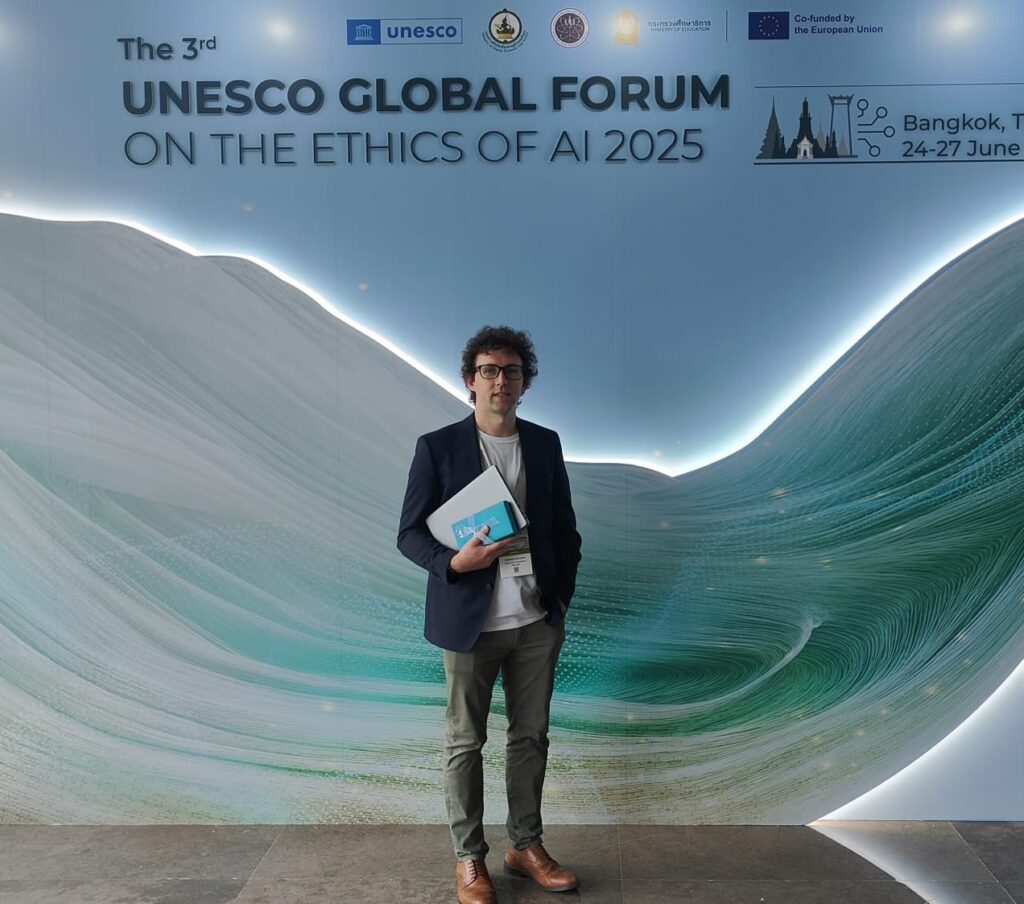Taking perspective on our own short comings: Lessons learned from our project investigating discrimination of the Roma population in Ireland.
We (Dr Mairéad Foody and Dr Seffetullah Kuldas) are working on the BReAThE project which is an investigation of discrimination of Roma children in education in Ireland. The following are some personal reflections on our research project and the challenges it has faced.
The idea behind our research project was simple. At the Anti-Bullying Research and Resource centre we are concerned with all and any investigations of bullying and discriminatory behaviour and try as hard as we can to create knowledge conducive to reducing victimisation. We were aware that, in Ireland the Roma community face discrimination, as in other European countries. This did not take any scientific expertise to figure out, we have all heard racist sentiments and consumed media that doesn’t seem to have a problem with creating an ‘us and them’ attitude. Despite this, many Roma parents want to see their children grow up in Ireland. As such, an investigation of discrimination of Roma community seemed to be an easy feat. Oh how wrong we were!
Of course, we were wrong. Because just this action of saying we would investigate the Roma population is in itself contributing to this ‘us and them’ attitude. Who on earth did we think we were to say we would easily contact members of the Roma community, interview them and then write up their experiences in academic journals? What on earth did we know? What right did we have to assume we could even understand their experiences? Why on earth should they trust us to share their most vulnerable stories? In fact, Roma children and their parents have no single reason to participate in “our” research but many historical and contemporary reasons not to.
From the beginning it was obvious our research aims were not going to be met, or at least not to the pre-planned or original benchmark outlined in the funding application. The Roma population in Ireland is small to begin with (approximately 3000-6000). Throw in a global pandemic where community centres and schools are closed and we are down to a handful of research participants. A handful of research participants gives only a very tiny window into the discriminatory experiences that have spanned years, countries and systems. However, despite so many complications and barriers to conducting the research project in its original sense, we have learned some life-long lessons.
The first lesson is that the process from the beginning was flawed. We (a bunch of academics) obtained funds for a research project after reading and researching available materials. There was no consultation with the Roma community when designing the project. I also don’t think the Roma community were consulted on when deciding which funding applications would be granted (although we cannot say this for sure as we do not know the ins and outs of the evaluation process for EU research projects). It seems a no-brainer that the population you are trying to empower should be the first point of call when designing a research study. Otherwise, we are disadvantaged (as are the research population) from the outset. In this instance we were effectively ‘dis-empowering’ members of the Roma community by designing our research project this way. This is not what you want when the whole reason we were undertaking this research was to reduce discrimination and empower Roma children in Irish education.
The learning from working with the Roma community or at least trying to (and meeting many problems along the way) has been insurmountable for both of us at a personal and professional level. The biggest realisation has been in relation to our own perspectives and privileges that in themselves are barriers to creating real change. I do believe it is not just us, but many policies and legislation that are currently trying to promote ‘inclusion’ of Roma in education systems across Europe. The poor perspective-taking goes beyond our own short comings. For example, Ireland’s Integration Strategy relates to Roma and Travellers. But what do they have in common? There are historical experiences of travelling as a way of life in both, but aside from that, one could argue that there are very few similarities. Except of course, that they are both marginalised in current Irish society. You could say that this is the only thing Roma and Travellers have in common- their experiences of discrimination and suffering.
Moving forward, all research would be improved upon if we engaged members from the Roma community at every stage. We were lucky to have two great Roma research assistances and excellent Roma partners (Musicantia) with us on our research journey. Without them, this project would never have worked. However, there is still a lot to be done on the ground and at the level of policy to ensure the voices of Roma are heard. So where do we go from here? Don’t ask us, we are not Roma!!



